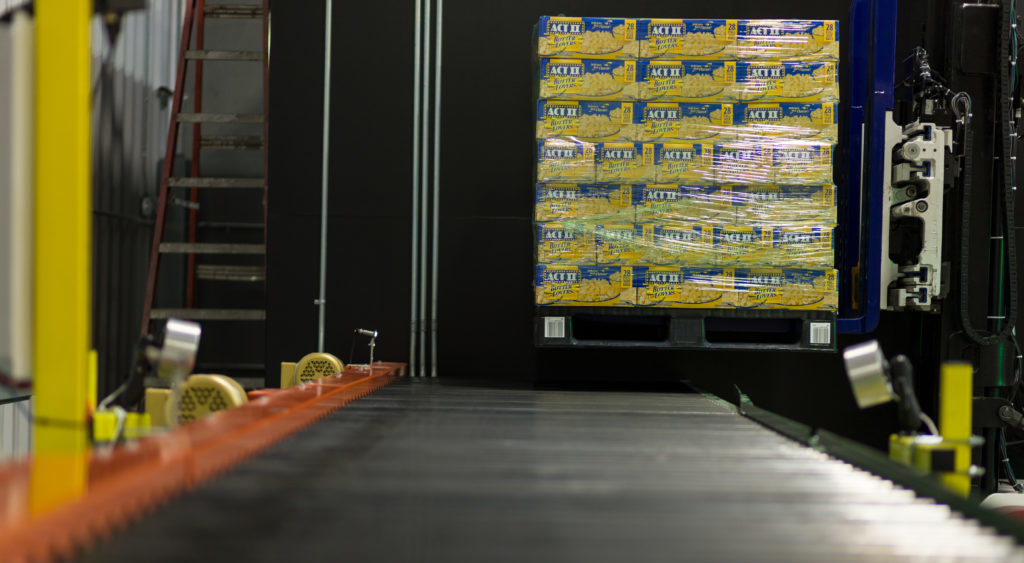The disruptions to the global supply chain, worsened by the COVID-19 pandemic, remain front-of-mind for many. Despite the easing of pandemic-related restrictions, some say that supply chain headaches will continue into the second half of 2022, or beyond. Manufacturers and logistics companies are continually looking for ways to streamline their processes and move products through the supply chain more efficiently. A key factor in that optimization is the use of effective shipping pallets. Choosing the right pallet for a company’s shipping needs is crucial to the successful transportation of goods and meeting growing consumer demand.
What is a Pallet?
Pallets are portable platforms used to provide stability to goods during the transportation process. They are a vital part of the supply chain as they protect products during transit and speed up the loading and unloading process significantly. However, choosing the right pallet can be difficult. With a variety of sizes, styles, and materials available, food, beverage, and product manufacturers may find themselves wondering which pallet will best meet their needs.
Types of Pallets
Wood
Perhaps the most common, wood block pallets can be beneficial for transporting heavy loads and are typically easy to repair. But due to their heavy weight and recent surging wood costs, wood pallets can be costly and difficult to transport. Additionally, the porous surfaces of wood make these pallets prone to insect infestation, moisture retention, corrosion, and chemical retention. And the presence of loose nails and boards can endanger workers, damage products, and disrupt automated equipment.
Metal
Often made of aluminum, carbon steel, or stainless steel, metal pallets are mostly used for extremely heavy loads. They are durable and weather-resistant but are very expensive and difficult to repair. These pallets are not able to be recycled at the end of their service life.
Plastic
Plastic pallets are on the rise as a preferred shipping pallet. These pallets are durable and weigh significantly less than wood or metal. They are also resistant to contamination and corrosion, giving them a long service life. Companies interested in the benefits of plastic pallets often use recyclable, pooled plastic shipping pallets from iGPS. When choosing the right pallet for your needs, advantages of using iGPS plastic pallets include:
- Lower Total Cost of Business
- Reduced potential for product damage
- 30 percent less impact on global warming
- Lightweight — more ergonomic for workers
- Uniform shape and dimensions are ideal for automated systems
Importance of Pallets
Pallets are a vital and omnipresent component of the global supply chain. As the worldwide economy continues to recover and adapt to the challenges of the ongoing pandemic, choosing the right pallet to maintain efficiencies and keep up with rising demand has never been more important.
Companies committed choosing the right pallet to optimize their supply chain use iGPS plastic pallets for all their shipping needs. Our lightweight, recyclable plastic pallets can help reduce harmful emissions and your Total Cost of Business. For more information, contact us at 1-866-557-0047, email a specialist at switch@igps.net, or visit our contact page.



